Israeli army fires tear-gas at Palestinian protesters during clashes on Friday 4 May.: photo by
Mohammed Saber/EPA, 4 April 2018
Israel fears ‘explosion of violence’ as US prepares to open embassy in Jerusalem: Decision to relocate into the disputed city in the same week as Israel’s 70th anniversary raises concerns of increased tension: Oliver Holmes in Jerusalem, The Observer,
The move on 14 May will mark the start of a potentially volatile week
when Israel will celebrate its 70th anniversary and Palestinians mark
the “catastrophe”, or Nakba, of their displacement on the 15th.
Nakba day has previously seen violence as the Israeli army responds to demonstrations in the occupied territories. This year, tensions are far higher than usual. Six weeks of protests along the Gaza border, during which Israeli soldiers have shot dead nearly 40 people and wounded hundreds, will culminate that week.
There are fears that those attending the rallies may attempt to breach the perimeter, a move that could lead to mass casualties as Israeli snipers are operating under rules of engagement that permit live fire.
“The situation between Israelis and Palestinians could not be more delicate,” wrote Ilan Goldenberg, who served as part of the US team during the 2013-14 Israeli-Palestinian negotiations, in an opinion piece for the Israeli paper Haaretz.
The embassy move, he said, may pass without significant violence, pointing to the lack of anticipated instability following Donald Trump’s December announcement to relocate the embassy. “Or it could explode – and we could find ourselves in the middle of a new war between Israel and Hamas in Gaza. Nobody knows, but it is irresponsible for the US to be dumping gasoline on this potential fire,” he said.
Israel’s police spokesman, Micky Rosenfeld, said officers were assessing the level of security needed for theopening, including deploying CCTV cameras and guards in the Jerusalem neighbourhood of Arnona, where the current US consulate is being retrofitted to become the embassy.
“We’re still waiting to see if the US president will come here for the opening move. The level of security will be raised accordingly,” he said. Trump has hinted he may attend, while Israeli media have speculated he will send his daughter Ivanka Trump and son-in-law Jared Kushner.
Israeli police had not received information of any specific warnings, Rosenfeld said, but security forces were “taking into consideration the period we’re going to be in and other events, including Jerusalem celebrations and Nakba day. There are implications around the Gaza strip area, and of course the move with the American embassy as well. We’re talking about an intensive week,” he said.
On the weekend ahead of the embassy opening, thousands of Israelis are expected to mark what they say is the city’s reunification in a Jerusalem Day rally. Often made up of religious settlers, these marches pass through Muslim district of the Old City and in previous years groups have chanted anti-Arab insults.
In the south, demonstrations in Gaza have been supported by Hamas, which rules the enclave and has fought three wars with Israel. With two-thirds of Gaza’s 2 million people being refugees or their descendants, protesters are demanding a “right to return” to their ancestral homes.
“The intensity of these marches will reach its zenith on 14 May,” said Mkhaimar Abusada, a political scientist at Gaza’s Al-Azhar University. He said opening the embassy in a week in which Palestinians remember what they see as their defining tragedy is misguided. “It’s like the US is insisting on making the Palestinians remember this day as a very sad day in their history and in their struggle against the Israeli occupation,” he said.
A week ago, a crowd of people moved towards the frontier, attempting to rip away barbed wire and set sections of the security fence on fire with burning tyres. Israel, which has rejected UN and EU calls for investigations into its use of live ammunition, accuses Hamas of exploiting civilians to break into its territory.
“When you have tens of thousands of people around the border there is no control over them,” said Abusada. “It would be my assumption that some protesters will try to breach the fence, will try to infiltrate into Israel. ”
The US embassy move will be preceded by the 12 May deadline for Trump to decide whether to walk away from the 2015 Iran nuclear agreement and reinstate sanctions on Tehran. Pulling out of the deal would add pressure on the Iranian leadership at a time when Israel has warned of open war and engaged in direct confrontation, targeting Iranian military sites in neighbouring Syria.
Goldenberg said the “flood of huge events” could be overwhelming: “A toxic witches’ brew of political instability and further potential violence is stewing in the Middle East.”

Israeli occupation forces fire tear gas at Palestinian protesters east of Gaza City on 4 May.: photo by / APA Images, 4 May 2018
Tawfiq Ziad (1929-1994): Here We Will Stay
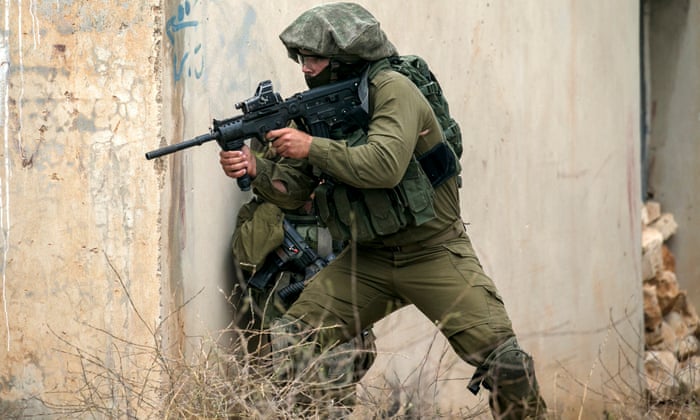
Nakba day has previously seen violence as the Israeli army responds to demonstrations in the occupied territories. This year, tensions are far higher than usual. Six weeks of protests along the Gaza border, during which Israeli soldiers have shot dead nearly 40 people and wounded hundreds, will culminate that week.
There are fears that those attending the rallies may attempt to breach the perimeter, a move that could lead to mass casualties as Israeli snipers are operating under rules of engagement that permit live fire.
“The situation between Israelis and Palestinians could not be more delicate,” wrote Ilan Goldenberg, who served as part of the US team during the 2013-14 Israeli-Palestinian negotiations, in an opinion piece for the Israeli paper Haaretz.
The embassy move, he said, may pass without significant violence, pointing to the lack of anticipated instability following Donald Trump’s December announcement to relocate the embassy. “Or it could explode – and we could find ourselves in the middle of a new war between Israel and Hamas in Gaza. Nobody knows, but it is irresponsible for the US to be dumping gasoline on this potential fire,” he said.
Israel’s police spokesman, Micky Rosenfeld, said officers were assessing the level of security needed for theopening, including deploying CCTV cameras and guards in the Jerusalem neighbourhood of Arnona, where the current US consulate is being retrofitted to become the embassy.
“We’re still waiting to see if the US president will come here for the opening move. The level of security will be raised accordingly,” he said. Trump has hinted he may attend, while Israeli media have speculated he will send his daughter Ivanka Trump and son-in-law Jared Kushner.
Israeli police had not received information of any specific warnings, Rosenfeld said, but security forces were “taking into consideration the period we’re going to be in and other events, including Jerusalem celebrations and Nakba day. There are implications around the Gaza strip area, and of course the move with the American embassy as well. We’re talking about an intensive week,” he said.
Jerusalem’s status has been a critical obstacle in peace
negotiations, and international consensus is that sovereignty over the
city should be agreed between the two sides. Palestinians claim East
Jerusalem as a capital of a future independent state, but Israel
captured it in 1967. It later annexed the city and claims the entire
area as its “eternal and undivided” capital.
On the weekend ahead of the embassy opening, thousands of Israelis are expected to mark what they say is the city’s reunification in a Jerusalem Day rally. Often made up of religious settlers, these marches pass through Muslim district of the Old City and in previous years groups have chanted anti-Arab insults.
In the south, demonstrations in Gaza have been supported by Hamas, which rules the enclave and has fought three wars with Israel. With two-thirds of Gaza’s 2 million people being refugees or their descendants, protesters are demanding a “right to return” to their ancestral homes.
“The intensity of these marches will reach its zenith on 14 May,” said Mkhaimar Abusada, a political scientist at Gaza’s Al-Azhar University. He said opening the embassy in a week in which Palestinians remember what they see as their defining tragedy is misguided. “It’s like the US is insisting on making the Palestinians remember this day as a very sad day in their history and in their struggle against the Israeli occupation,” he said.
A week ago, a crowd of people moved towards the frontier, attempting to rip away barbed wire and set sections of the security fence on fire with burning tyres. Israel, which has rejected UN and EU calls for investigations into its use of live ammunition, accuses Hamas of exploiting civilians to break into its territory.
“When you have tens of thousands of people around the border there is no control over them,” said Abusada. “It would be my assumption that some protesters will try to breach the fence, will try to infiltrate into Israel. ”
The US embassy move will be preceded by the 12 May deadline for Trump to decide whether to walk away from the 2015 Iran nuclear agreement and reinstate sanctions on Tehran. Pulling out of the deal would add pressure on the Iranian leadership at a time when Israel has warned of open war and engaged in direct confrontation, targeting Iranian military sites in neighbouring Syria.
Goldenberg said the “flood of huge events” could be overwhelming: “A toxic witches’ brew of political instability and further potential violence is stewing in the Middle East.”

Israeli occupation forces fire tear gas at Palestinian protesters east of Gaza City on 4 May.: photo by / APA Images, 4 May 2018
Tawfiq Ziad: Here We Will Stay
In Lidda, in Ramla, in the Galilee,
we shall remain
like a wall upon your chest,
and in your throat
like a shard of glass,
a cactus thorn,
and in your eyes
a sandstorm.
We shall remain
a wall upon your chest,
clean dishes in your restaurants,
serve drinks in your bars,
sweep the floors of your kitchens
to snatch a bite for our children
from your blue fangs.
Here we shall stay,
sing our songs,
take to the angry streets,
fill prisons with dignity.
In Lidda, in Ramla, in the Galilee,
we shall remain,
guard the shade of the fig
and olive trees,
ferment rebellion in our children
as yeast in the dough.
we shall remain
like a wall upon your chest,
and in your throat
like a shard of glass,
a cactus thorn,
and in your eyes
a sandstorm.
We shall remain
a wall upon your chest,
clean dishes in your restaurants,
serve drinks in your bars,
sweep the floors of your kitchens
to snatch a bite for our children
from your blue fangs.
Here we shall stay,
sing our songs,
take to the angry streets,
fill prisons with dignity.
In Lidda, in Ramla, in the Galilee,
we shall remain,
guard the shade of the fig
and olive trees,
ferment rebellion in our children
as yeast in the dough.
Tawfiq Ziad (1929-1994): Here We Will Stay
Tawfiq Ziad: Passing Remark
When they ran over her,
the mulberry tree said:
'Do what you wish,
but remember
my right to bear fruit
will never die.'
Tawfiq Ziad (1929-1994): Passing Remark
the mulberry tree said:
'Do what you wish,
but remember
my right to bear fruit
will never die.'
Tawfiq Ziad (1929-1994): Passing Remark

An Israeli soldier takes cover during clashes with Palestinian protesters in the West Bank.: photo by Jaafar Ashtiyeh/AFP, 5 May 2018
Ain't One Big Bull
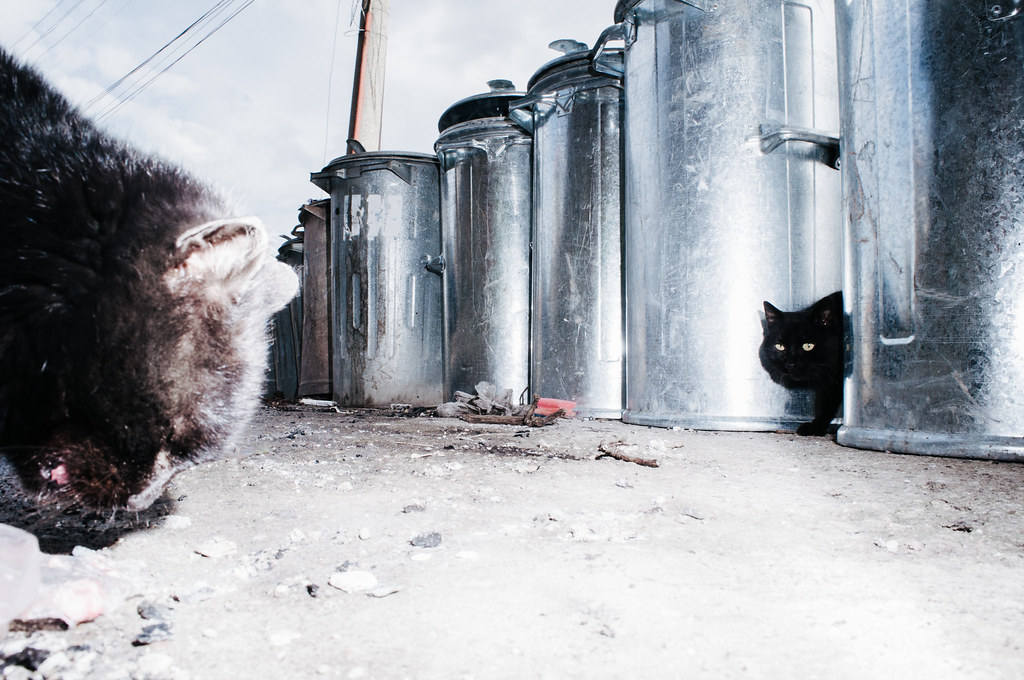
From "Persin" series. | "Those who can not remember the past are condemned to repeat it." - George Santayana. Belene concentration camp was part of the network of forced labour camps in Communist Bulgaria. It was located on the Persin (Belene) Island, between two branches of the Danube river. The opponents of the communist dictatorship were forced to live in inhuman conditions - daily physical labour, intolerable demands and under constant armed guard. They were forced to live in bunkers and huts which they built themselves with whatever materials they could find. Hunger was the most terrible thing they were subject to. Tens of thousands of prisoners passed through the camps. Every year from 1990 at the end of May or the beginning of June, an annual pilgrimage to the site of the former camp is held. For the rest of the year the island is closed for visitors. This picture is from the 2017 annual service of remembrance for the victims of the communist camps.: photo by Svilen Nachev, 27 May 2017
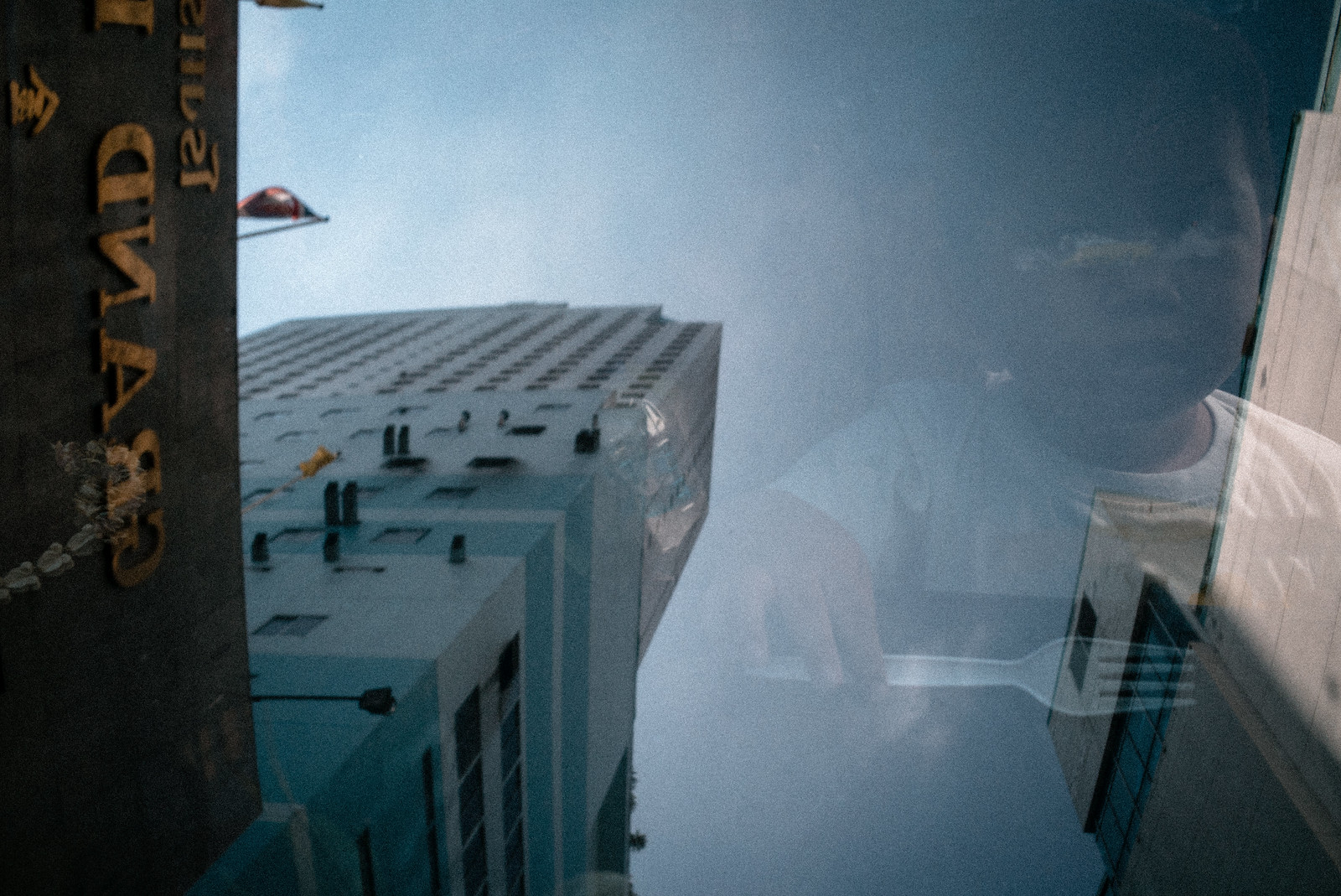


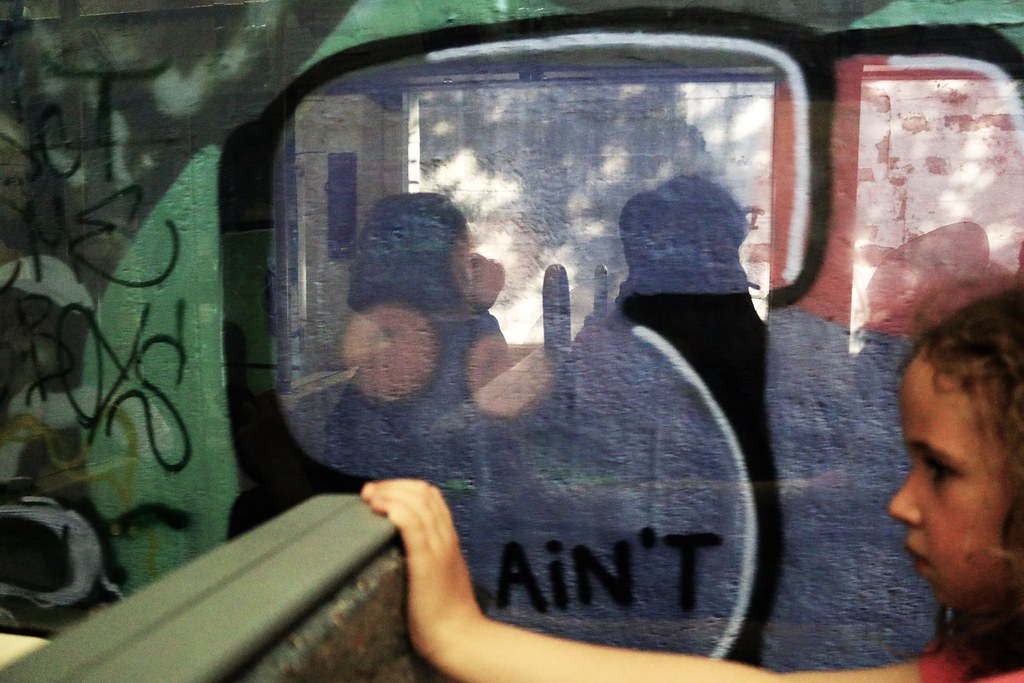
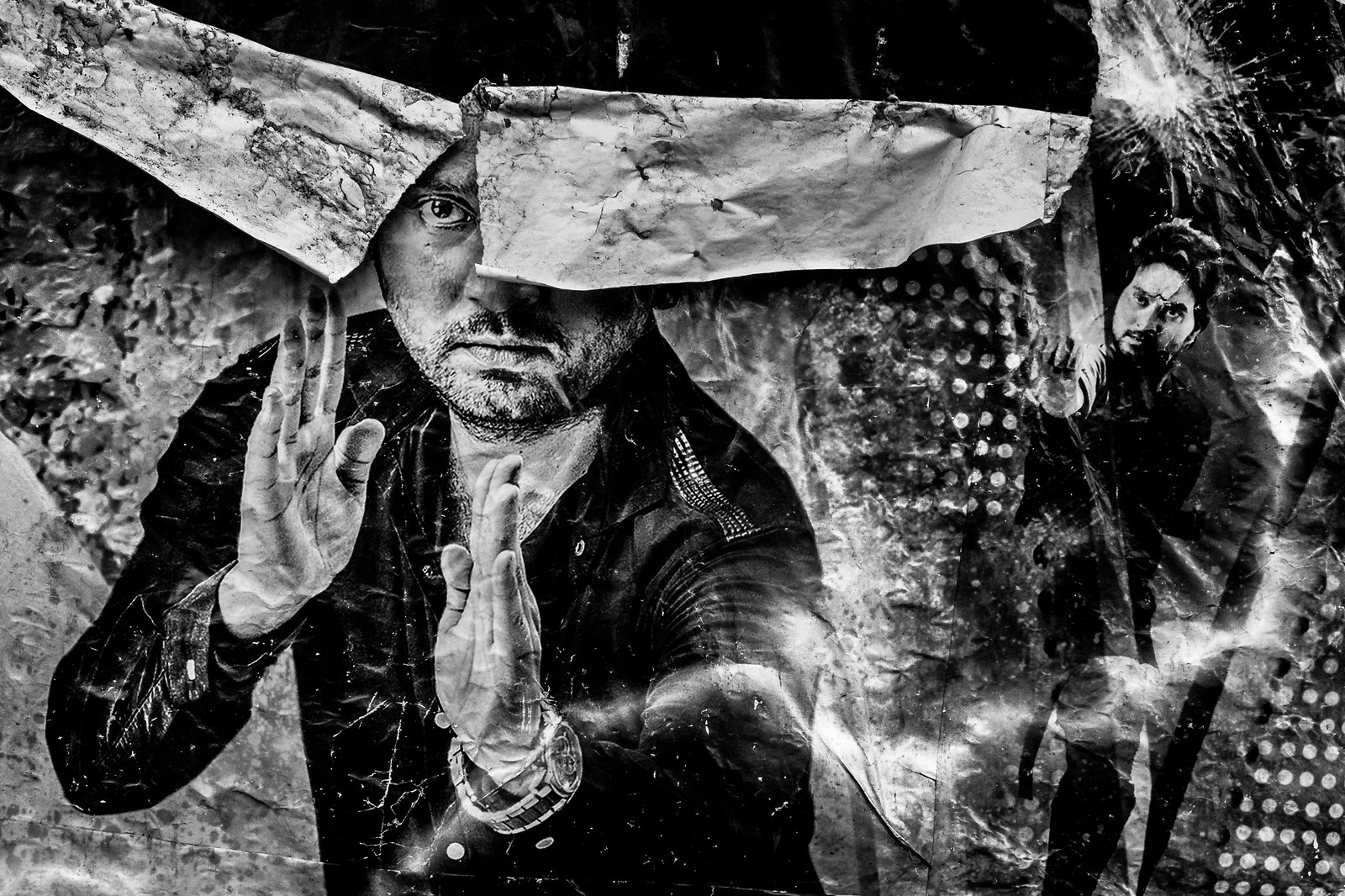
#04 | Kolkata, 2018: photo by Koushik Sinha Roy, 15 April 2018

#04 | Kolkata, 2018: photo by Koushik Sinha Roy, 15 April 2018

#04 | Kolkata, 2018: photo by Koushik Sinha Roy, 15 April 2018

Untitled | Kolkata, 2018: photo by Koushik Sinha Roy, 18 February 2018

Untitled | Kolkata, 2018: photo by Koushik Sinha Roy, 18 February 2018

Untitled | Kolkata, 2018: photo by Koushik Sinha Roy, 18 February 2018

Untitled | Kolkata, 2018: photo by Koushik Sinha Roy, 7 March 2018

Untitled | Kolkata, 2018: photo by Koushik Sinha Roy, 7 March 2018

Untitled | Kolkata, 2018: photo by Koushik Sinha Roy, 7 March 2018

Untitled [Howrah]: photo by Koushik Sinha Roy, 22 February 2018

Untitled [Howrah]: photo by Koushik Sinha Roy, 22 February 2018

Untitled [Howrah]: photo by Koushik Sinha Roy, 22 February 2018

Double Head [Iserlohn, Germany]: photo by Michael May, 1 May 2018
![* | by a n t o l i n [ GM ] ~](https://c1.staticflickr.com/1/804/41303197782_583c4aea45_h.jpg)
![* | by a n t o l i n [ GM ] ~](https://c1.staticflickr.com/1/804/41303197782_583c4aea45_h.jpg)
* : photo by a n t o l i n [ GM ], 9 April 2018
![* | by a n t o l i n [ GM ] ~](https://c1.staticflickr.com/1/804/41303197782_583c4aea45_h.jpg)
* : photo by a n t o l i n [ GM ], 9 April 2018
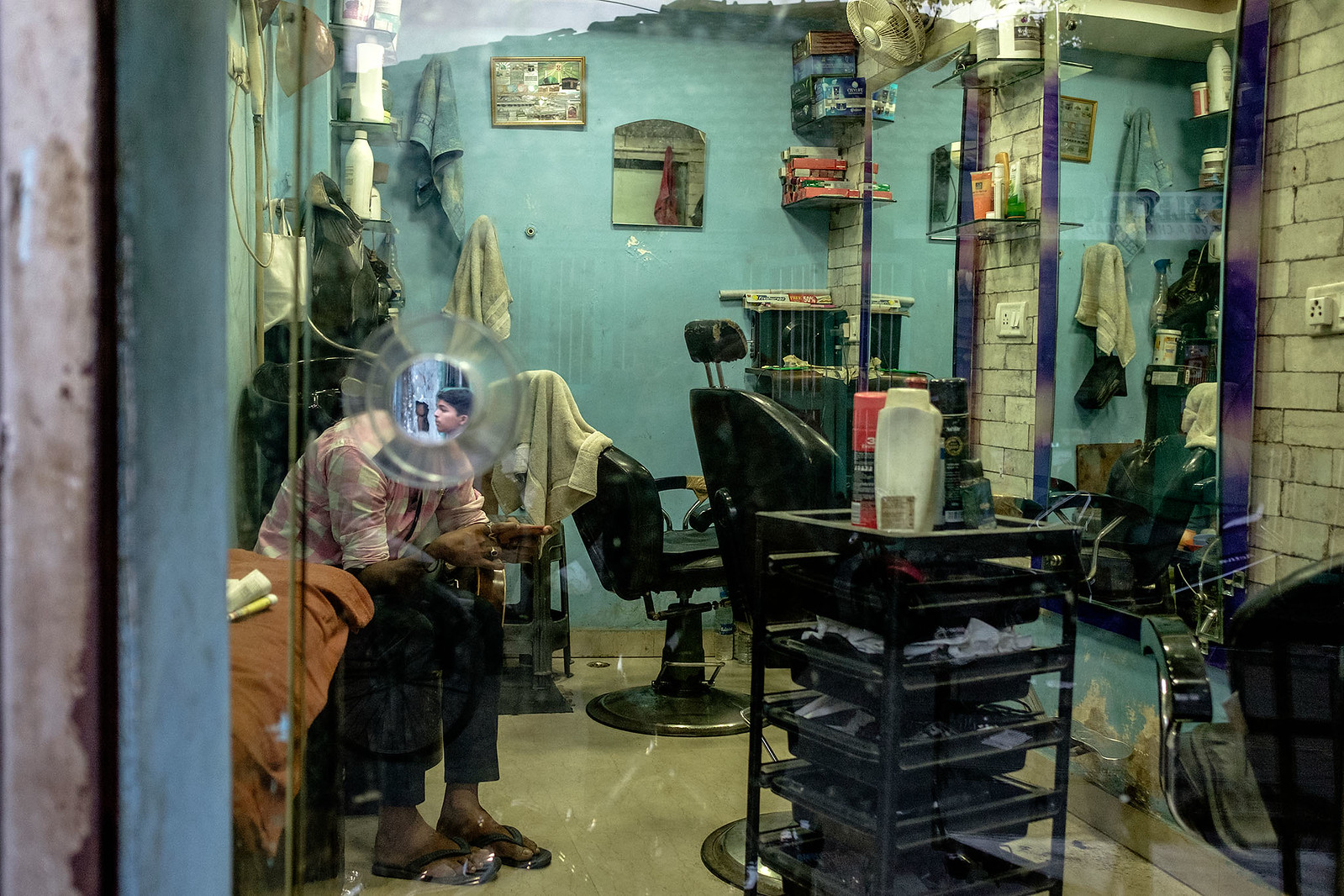


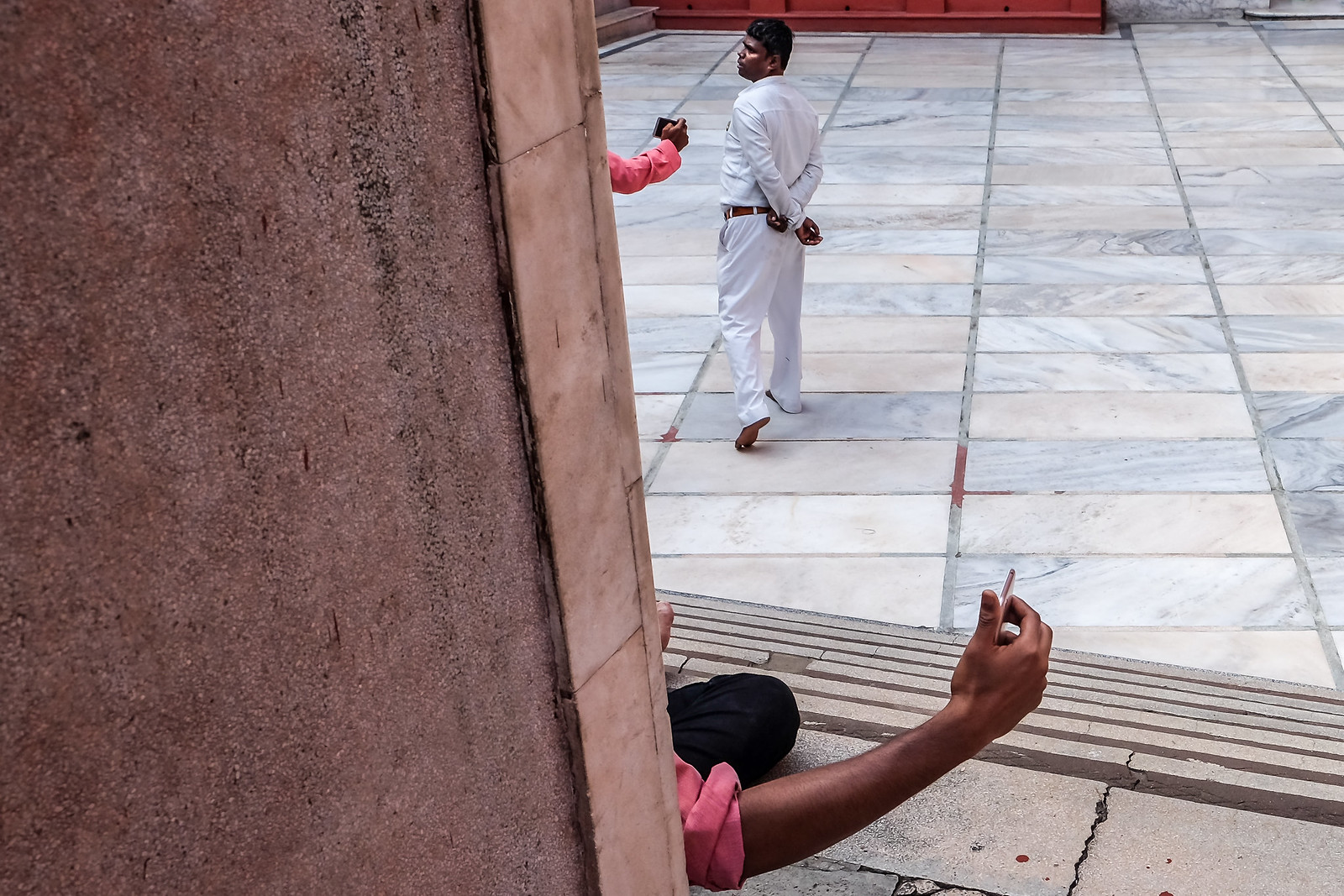
Untitled | Kolkata, 2018: photo by Koushik Sinha Roy, 29 April 2018

Untitled | Kolkata, 2018: photo by Koushik Sinha Roy, 29 April 2018

Untitled | Kolkata, 2018: photo by Koushik Sinha Roy, 29 April 2018
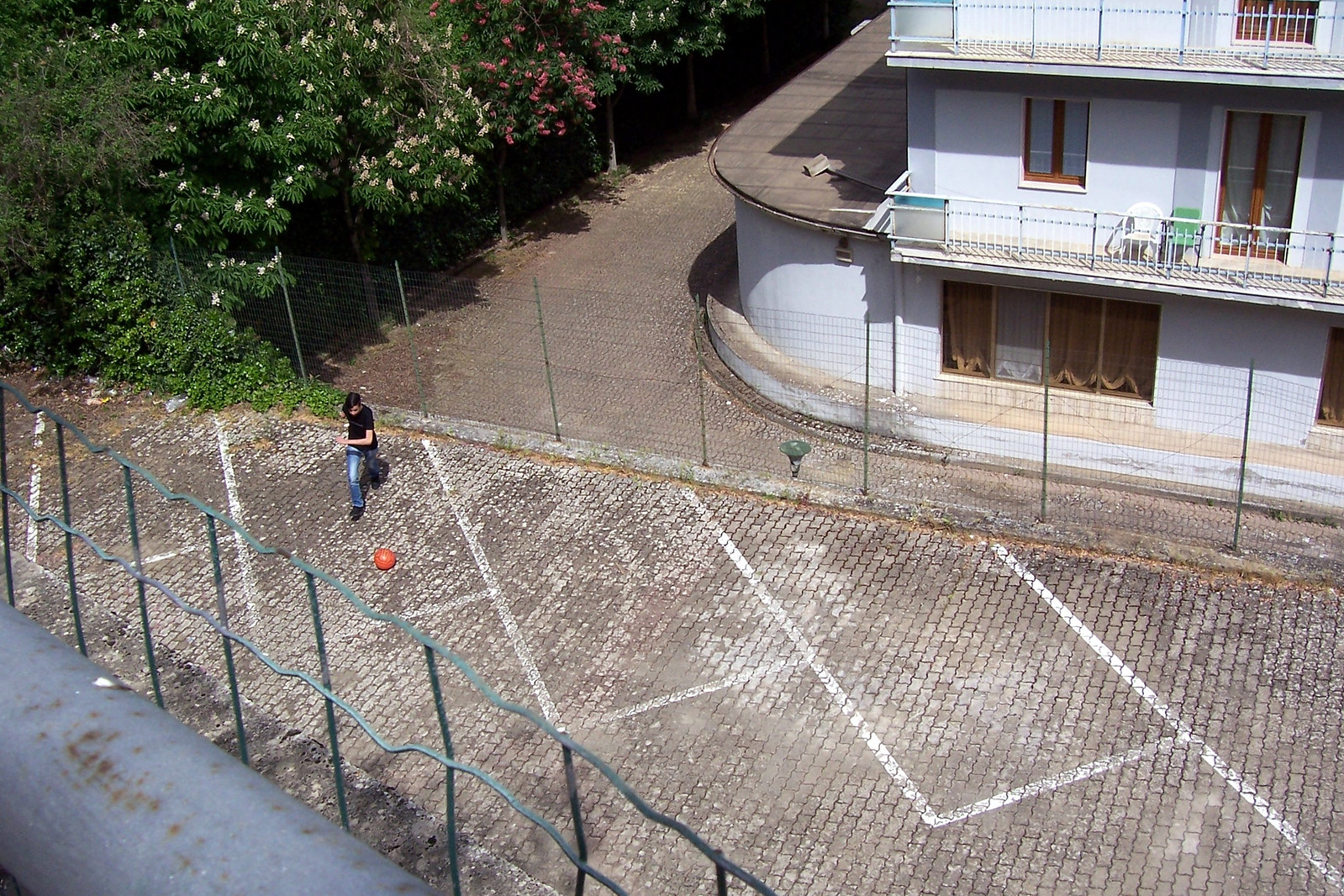
100_5682: photo by Francesco Luppolo, 1 May 2018

100_5682: photo by Francesco Luppolo, 1 May 2018

100_5682: photo by Francesco Luppolo, 1 May 2018
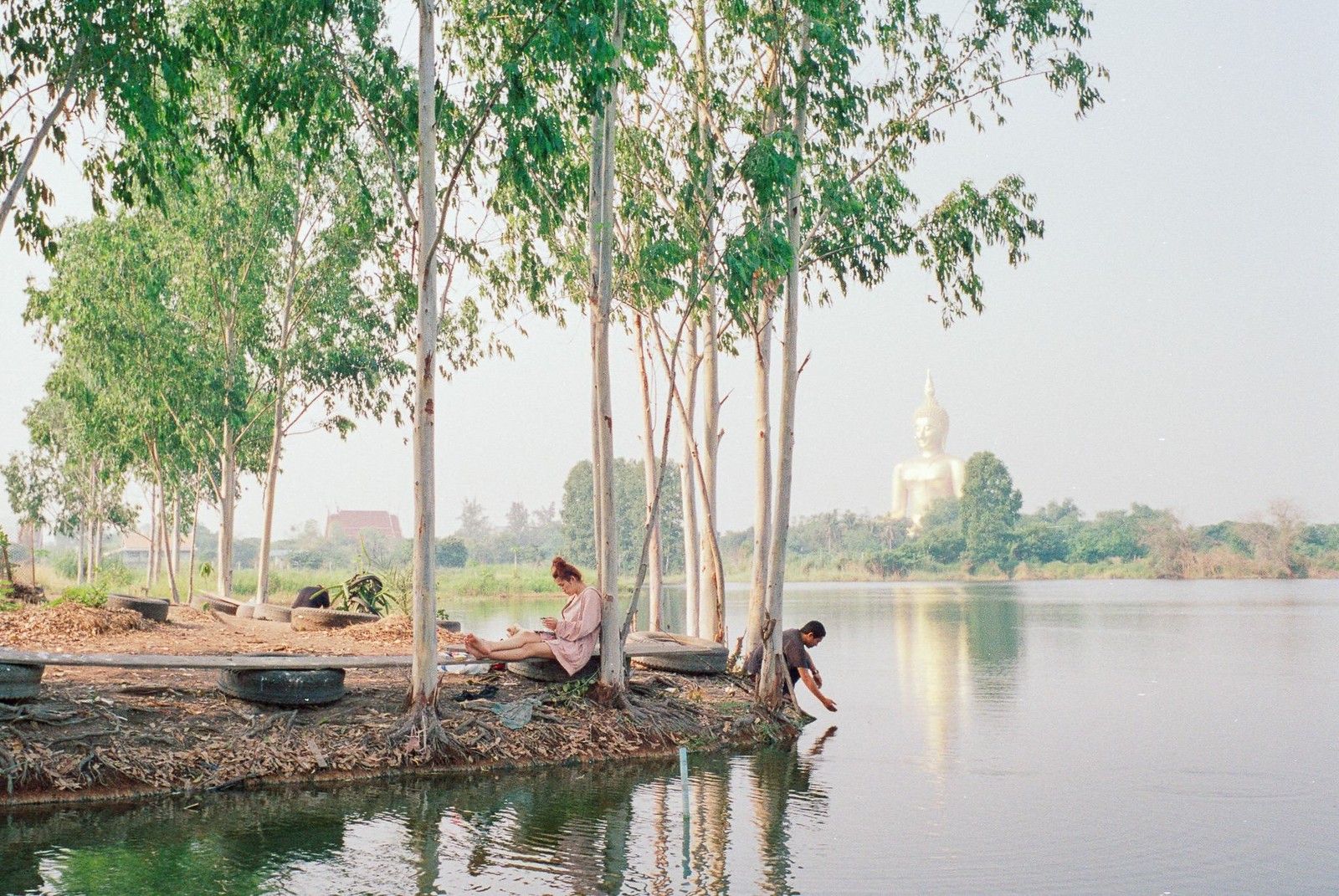
Untitled: photo by Sirawit Kuwawattananont, 21 April 2018

Untitled: photo by Sirawit Kuwawattananont, 21 April 2018

Untitled: photo by Sirawit Kuwawattananont, 21 April 2018




Ain't One Big Bull

Untitled: photo by Svilen Nachev, 16 March 2018
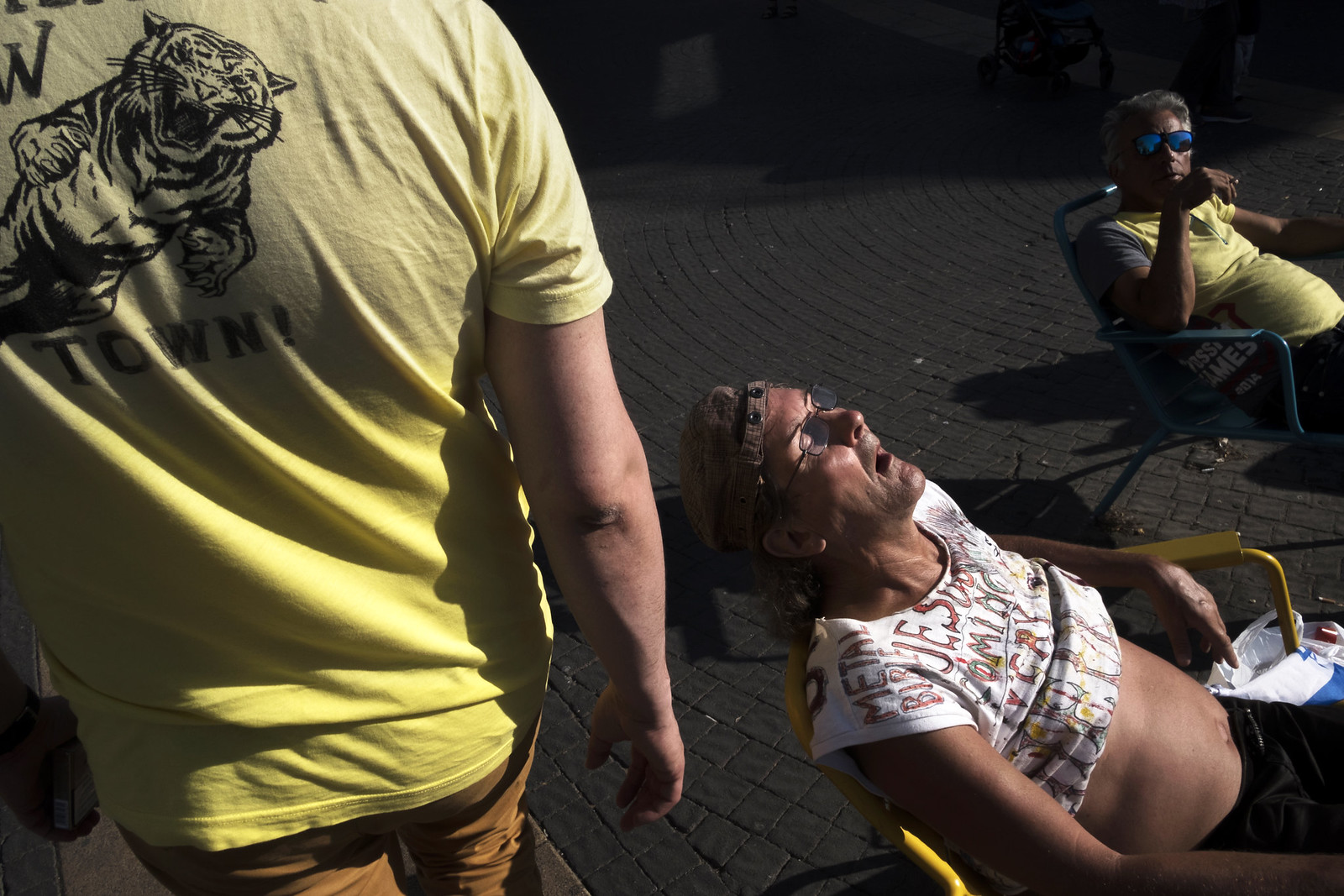
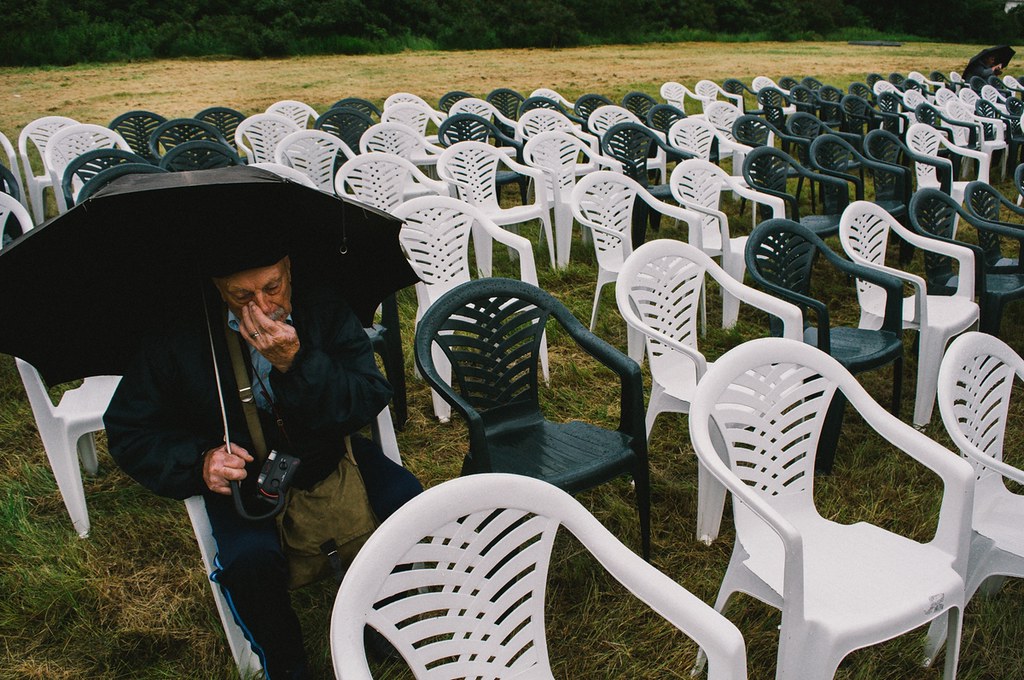


From "Persin" series. | "Those who can not remember the past are condemned to repeat it." - George Santayana. Belene concentration camp was part of the network of forced labour camps in Communist Bulgaria. It was located on the Persin (Belene) Island, between two branches of the Danube river. The opponents of the communist dictatorship were forced to live in inhuman conditions - daily physical labour, intolerable demands and under constant armed guard. They were forced to live in bunkers and huts which they built themselves with whatever materials they could find. Hunger was the most terrible thing they were subject to. Tens of thousands of prisoners passed through the camps. Every year from 1990 at the end of May or the beginning of June, an annual pilgrimage to the site of the former camp is held. For the rest of the year the island is closed for visitors. This picture is from the 2017 annual service of remembrance for the victims of the communist camps.: photo by Svilen Nachev, 27 May 2017





#04 | Kolkata, 2018: photo by Koushik Sinha Roy, 15 April 2018

#04 | Kolkata, 2018: photo by Koushik Sinha Roy, 15 April 2018

#04 | Kolkata, 2018: photo by Koushik Sinha Roy, 15 April 2018

Untitled | Kolkata, 2018: photo by Koushik Sinha Roy, 18 February 2018

Untitled | Kolkata, 2018: photo by Koushik Sinha Roy, 18 February 2018

Untitled | Kolkata, 2018: photo by Koushik Sinha Roy, 18 February 2018

Untitled | Kolkata, 2018: photo by Koushik Sinha Roy, 7 March 2018

Untitled | Kolkata, 2018: photo by Koushik Sinha Roy, 7 March 2018

Untitled | Kolkata, 2018: photo by Koushik Sinha Roy, 7 March 2018

Untitled [Howrah]: photo by Koushik Sinha Roy, 22 February 2018

Untitled [Howrah]: photo by Koushik Sinha Roy, 22 February 2018

Untitled [Howrah]: photo by Koushik Sinha Roy, 22 February 2018

Double Head [Iserlohn, Germany]: photo by Michael May, 1 May 2018
![* | by a n t o l i n [ GM ] ~](https://c1.staticflickr.com/1/804/41303197782_583c4aea45_h.jpg)
* : photo by a n t o l i n [ GM ], 9 April 2018
![* | by a n t o l i n [ GM ] ~](https://c1.staticflickr.com/1/804/41303197782_583c4aea45_h.jpg)
* : photo by a n t o l i n [ GM ], 9 April 2018
![* | by a n t o l i n [ GM ] ~](https://c1.staticflickr.com/1/804/41303197782_583c4aea45_h.jpg)
* : photo by a n t o l i n [ GM ], 9 April 2018




Untitled | Kolkata, 2018: photo by Koushik Sinha Roy, 29 April 2018

Untitled | Kolkata, 2018: photo by Koushik Sinha Roy, 29 April 2018

Untitled | Kolkata, 2018: photo by Koushik Sinha Roy, 29 April 2018

100_5682: photo by Francesco Luppolo, 1 May 2018

100_5682: photo by Francesco Luppolo, 1 May 2018

100_5682: photo by Francesco Luppolo, 1 May 2018

Untitled: photo by Sirawit Kuwawattananont, 21 April 2018

Untitled: photo by Sirawit Kuwawattananont, 21 April 2018

Untitled: photo by Sirawit Kuwawattananont, 21 April 2018




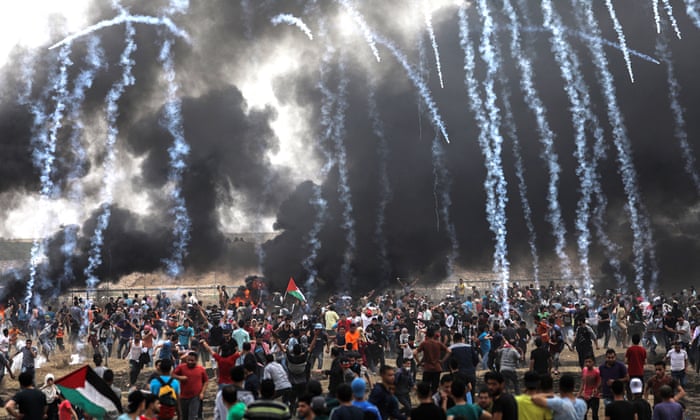
May 14th, 70th anniversary - How very charming of them. Forget Stormy Daniels or Mueller or Putin. Forget the Little Rocket Man. This is the legacy - bright with the gleam of rotting meat.
ReplyDeleteJohn Fahey: Beverly (live, Hamburg 1978)
ReplyDelete(vid suggests different title, pay it no mind, titles anyway w this artist may vary w occasion, mean what you wish them to mean)
Duncan, just now saw that in between the blue fangs.
ReplyDeleteYes, it does seem a sort of Harmonic Convergence is in the works, the more fun for everyone. There must be war, as the world has gone all wrong, therefore there must be war. None of this is even vaguely perceived here, of course, as this is where it all starts, the war and all. By starts I mean is equipped. There is a firm, Home Depot I believe is the name, which supplies all the world's most advanced weapons systems needs, and will also provide cash to virtually any one, on minimal credit.
As Sir Alex might have said but it seems can no longer say, speaking in metaphor as is / was the touching archaic wont of the man, it is squeaky bum time. Fitba, bloody hell. One need not even be hearty to understand.
Good to see Tawfiq Ziad's poems. He's really a terrific poet. I had lunch with him in Nazareth with Gus Newport, mayor of Berkeley, in the mid 80s. Tawfiq enjoyed all the ironies of being the Christian Communist mayor of a Moslem town in the Jewish state.
ReplyDeleteHilton,
ReplyDeleteBig thanks for reminding us that behind every memorable poem, there is a person worth remembering.
A few bits of bio data.
Tawfiq Ziad was born 7 May 1929 and died tragically in a head-on collision in the Jordan Valley, on 5 July 1994, on his way back to Nazareth from Jericho after welcoming Yasser Arafat, the chairman of the Palestine Liberation Organization, back from exile.
Ziad, who was born in the Galilee, studied literature in Russia. After returning to Palestine, he was elected mayor of Nazareth on 9 December 1973, as head of Rakah, a communist party, a victory that is said to have "surprised and alarmed" Israelis.
A special page on the Knesset Website explains that this post and author spoke English, Arabic, Russian. Ziad was active in the 1973 elections on Rakah's list. He succeeded in pressuring the Israeli government to change its policies towards Arabs - both those inside Israel and in the occupied Palestinian territories.
Nabila Harb:
"It is only because of the determination and steadfastness of Palestinians who remained inside Palestine decade after decade under intolerable conditions of persecution and discrimination that the world now is aware of the existence of Palestinians as a people with a continuing right to self-determination.
"Most Palestinian activists who continued to live within the Zionist entity's self-proclaimed 'state' were only able to do so through the Communist Party, an accepted political party within the Zionist political framework. Tawfiq Zayyad in fact served as a member of the Zionist 'Knesset', the spurious 'parliament' of the invaders. When he first became a member of the Knesset, his Hebrew was very poor. When asked where he had learned to speak Hebrew, he responded: 'In your prisons.'
"Ziad co-authored a report on Israeli prison conditions that documented the use of torture on Palestinian inmates. This hero of Palestinian freedom had a major impact during his life improving Human Rights for Palestinian inmates in Israeli prisons.
"The report was also submitted to the United Nations by Tawfik Toubi and Ziad after their visit to Al-Far'ah prison on 29 October 1987, describing the situation of Arab prisoners in Israeli prisons and detention camps
"They revealed how policy followed by the Israeli Prisons Department against Arab prisoners in Israeli prisons and detention camps is regarded as an extension of the 'iron fist' policy. This is applied by the military occupation régime outside these prisons.
"The two described inhumane treatment and harsh circumstances, geared to ensure that prisoners were restricted to minimal provisions; just enough to keep them alive. The report goes on to disclose the repeated man-hunts, Israeli guards' storming of prison cells, and the beating and torture of prisoners. Each aspect of the investigation revealed daily practices of brutality and Human Rights violations that reflect the official 'iron fist' policy prescribed against Arab prisoners."